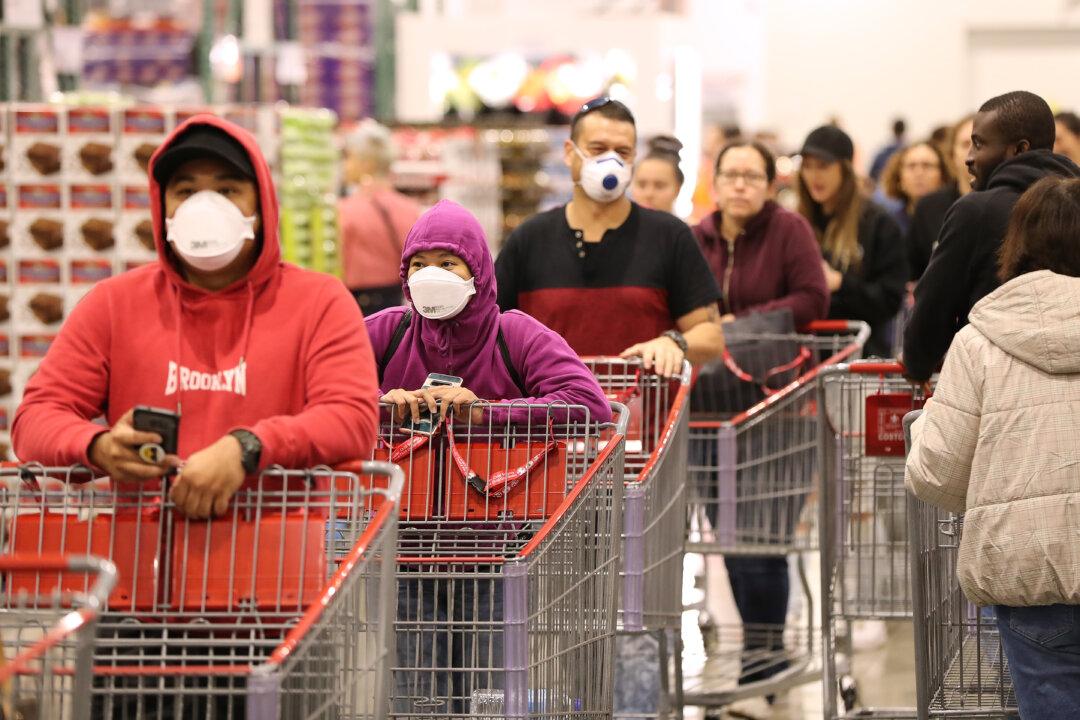Major Australian supermarkets and department stores, including David Jones, Target, The Good Guys, and Rebel, have vowed to steer clear of facial recognition technology with no plans to introduce it.
“Woolworths, Coles, Aldi, Target and Big W, among others, have all told us that they aren’t using this highly controversial technology in their stores and don’t plan to,” consumer data advocate Kate Bower said.





